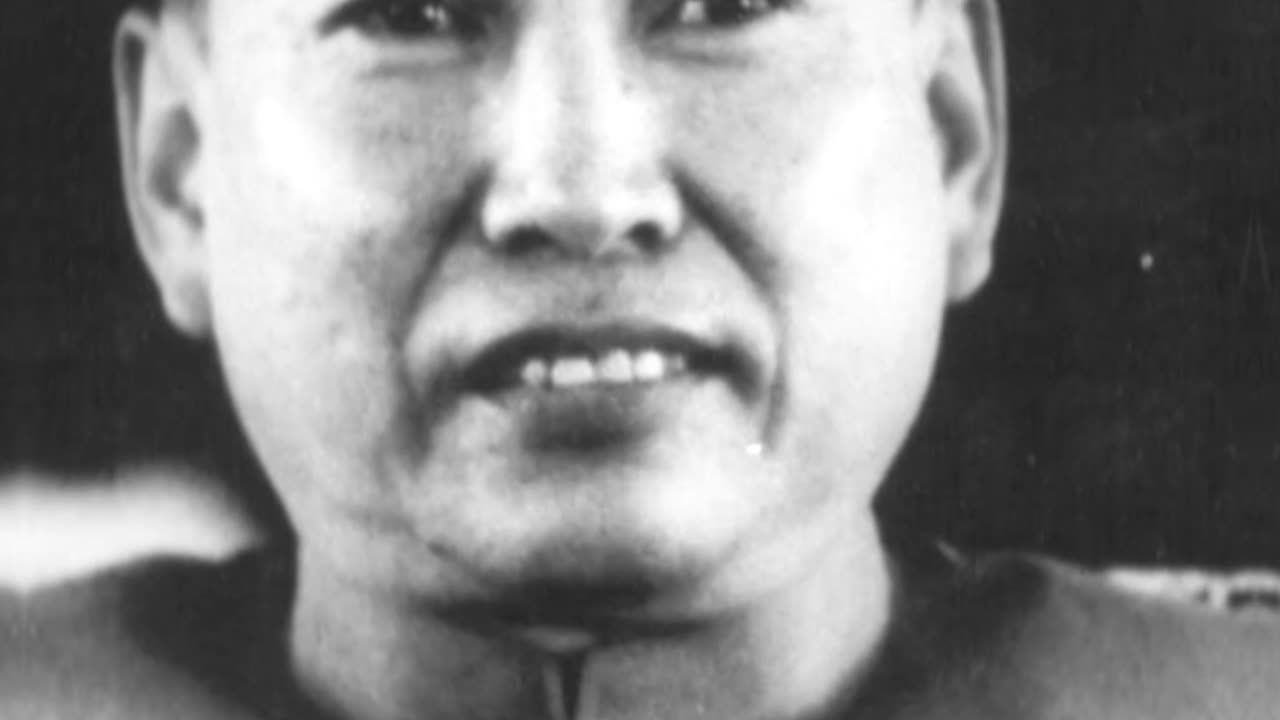Premium Only Content

Three of the most dangerous leaders in history
The tyranny of Stalin, Pol Pot, and Hitler are well-known and infamous periods in history that have left a lasting impact on the world. These dictators were responsible for some of the most brutal and heinous acts in human history, and their reigns of terror have been studied and debated by scholars and historians for decades.
In this video, we will explore some of the most interesting facts about Stalin, Pol Pot, and Hitler, shedding light on their ideologies, methods of control, and the impact they had on their respective countries and the world.
Firstly, let's delve into the life and rule of Stalin, the leader of the Soviet Union from 1922 until his death in 1953. Stalin's rise to power was marked by his ruthless and cunning nature, often resorting to violence and manipulation to eliminate his political rivals. One of the most shocking facts about Stalin is that he was responsible for the deaths of millions of people through policies such as collectivization and the Great Purge. The estimated death toll during his rule ranges from 10 to 20 million people, making him one of the deadliest dictators in history.
But perhaps even more startling is the fact that Stalin was initially a hero to many in the Soviet Union, viewed as a strong and capable leader who could bring the country out of economic turmoil and into a new era of prosperity. However, his paranoia, cruelty, and desire for absolute control ultimately led to the horrors of his regime, leaving a legacy of fear and oppression that still lingers in many countries.
Moving on to Pol Pot, the leader of the Khmer Rouge in Cambodia from 1975 to 1979, we see a similar pattern of tyranny, but with its own unique and disturbing qualities. Pol Pot's regime was marked by a radical, radicalized version of communism, where he sought to create a completely agrarian society by forcing urban dwellers into the countryside to work in collective farms. This policy, along with other oppressive measures, led to the deaths of approximately 2 million people, around a quarter of Cambodia's population.
One of the most fascinating facts about Pol Pot's regime is the use of child soldiers, known as the "Khmer Rouge's Young Soldiers," who were indoctrinated from a young age to be loyal and obedient to the regime. These children were forced to carry out brutal acts of violence and were often brainwashed into believing that they were fighting for a noble cause. The psychological impact this had on these children is unimaginable and adds another layer of horror to the already appalling regime.
Last but certainly not least, we have Hitler, the leader of Nazi Germany from 1933 to 1945. While Stalin and Pol Pot were both responsible for mass killings, Hitler's reign was marked by a systematic attempt to eradicate an entire race – the Jewish people. The Holocaust, which claimed the lives of approximately 6 million Jews, remains one of the darkest and most tragic events in human history.
But did you know that Hitler was actually a failed artist before rising to power? He applied to the Vienna Academy of Fine Arts twice and was rejected both times, leading him to turn to politics and eventually become the leader of Nazi Germany. This fact brings to light the idea that perhaps if he had been accepted into art school, history could have taken a different course.
Another interesting fact about Hitler is his obsession with propaganda and controlling the narrative. He and his propaganda minister, Joseph Goebbels, used media and propaganda to manipulate and brainwash the German population, rallying them to support his radical ideologies and ultimately leading to the devastating events of World War II.
In conclusion, the tyranny of Stalin, Pol Pot, and Hitler is a dark and horrifying period of history that should never be forgotten. These dictators were responsible for the deaths of millions of people and left a trail of destruction and devastation in their wake. By exploring these interesting facts about their lives and regimes, we can gain a deeper understanding of the tactics and ideologies that led to their rise and fall, and hopefully, learn lessons that will prevent such atrocities from happening in the future.
-
 2:40:10
2:40:10
DLDAfterDark
6 hours ago $0.13 earnedDLD Live! Feat. Red Dawn Readiness! Glock FRT's - Striker Fire Safety Concerns - ACE Trigger
14.7K1 -
 2:40:21
2:40:21
BlackDiamondGunsandGear
5 hours agoAre ALL Striker Fired Pistols UNSAFE? // After Hours Armory
34.6K4 -
 6:34:50
6:34:50
SpartakusLIVE
9 hours ago#1 Saturday Spartoons on RUMBLE PREMIUM
106K7 -
 1:04:59
1:04:59
Man in America
10 hours ago“Summoning the Demon” — The AI Agenda Is FAR WORSE Than We Know w/ Kay Rubacek
41.2K23 -
 2:16:48
2:16:48
Tundra Tactical
8 hours ago $0.08 earned🎯💥 The World’s Okayest Gun Show 🔫😂 | LIVE Tonight on Rumble!
23.9K -
 3:36:03
3:36:03
Mally_Mouse
1 day ago🌶️ 🥵Spicy BITE Saturday!! 🥵🌶️- Let's Play: Tower Unite!
49.1K2 -
 58:59
58:59
MattMorseTV
8 hours ago $1.29 earned🔴Trump just BROKE Newsom.🔴
64.3K76 -
 18:14
18:14
Her Patriot Voice
8 hours agoWho Is WORSE for NYC: Trump Girl or Socialist?
45.8K31 -
 3:39:42
3:39:42
SavageJayGatsby
7 hours agoSpicy Saturday with Mally! | Road to 100 | $300 Weekly Goal for Spicy Bites!
45.7K1 -
 3:35:50
3:35:50
FomoTV
9 hours ago🚨 Swamp Theater: FBI Raids Bolton 🕵 Still NO Epstein Files, Trump's Troops & the Red Heifer Hoax 🐂 | Fomocast 08.23.25
20.3K7